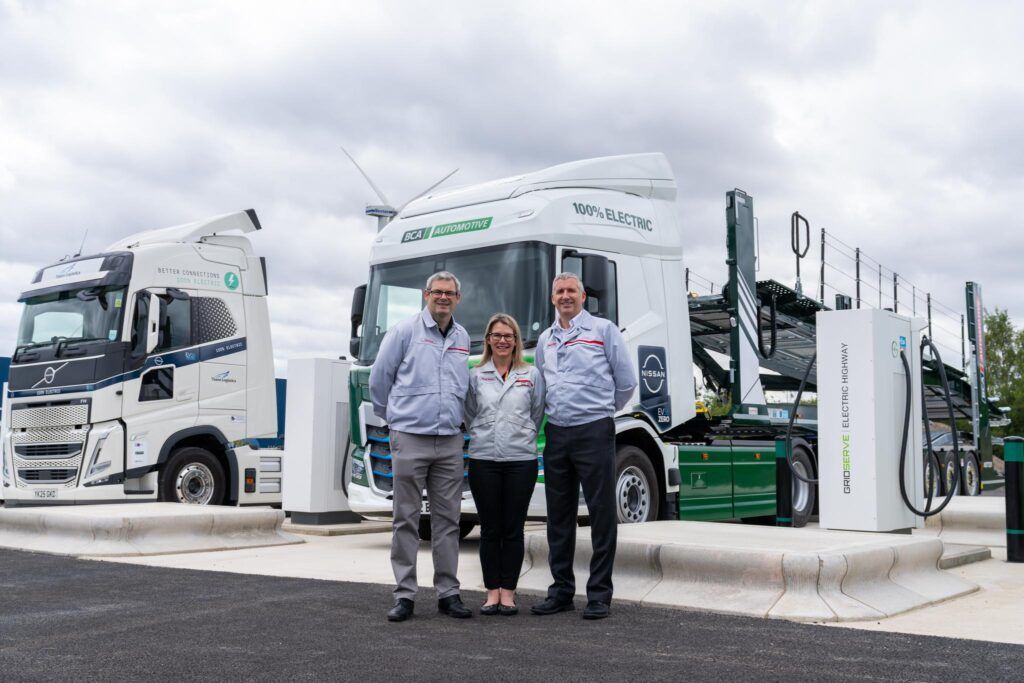A 2030 ban on ICE cars could create 32,000 new jobs and provide £4.2bn boost to economy, a new report has found.
Ahead of an announcement on the date from which sales of new petrol, diesel and hybrid cars and vans will be banned, a new report by Cambridge Econometrics shows bringing the ban forward to 2030 could generate tens of thousands of new jobs and significant economic growth.
Bringing forward the date from which new petrol, diesel and hybrid cars and vans can no longer be sold in the UK to 2030 could create 32,000 new jobs by the same year and increase GDP by 0.2% – or £4.2 billion pounds – the report, published by Greenpeace UK, has found.
Increases in employment and resulting higher levels of economic activity from a 2030 transition to electric vehicles would provide the government with a £1.9 billion net increase in revenue by 2030.
The report uses the DfT’s transport model and a macroeconomic model to assess the impact of a faster transition to electric vehicles on consumer spending, emissions, government revenues, the car industry and the economy as a whole.
The analysis looked at the impacts of a more ambitious transition to electric vehicles in 2030, which would reduce emissions enough to enable the government to meet its current legally binding climate commitments. It modelled the outcomes of this earlier transition as compared against a later 2035 phase out date.
It comes ahead of an announcement expected from the Prime Minister on Thursday, in which it is anticipated that a decision on the date will be made.
This increased economic activity is a result of the lower overall costs of owning and running an electric vehicle, lower demand for imported oil and its replacement by UK-generated electricity, meaning consumers have increased disposable income and spending is reallocated, frequently towards industries that are currently struggling under Covid restrictions.
The increase in employment and public spending resulting from a faster transition to electric vehicles would boost GDP in 2030 by 0.2%, equivalent to £4.2 billion.
The report also highlights that further substantial economic opportunities could arise from an early phase out of polluting vehicles, as the UK could be in a position to capture a larger share of both the domestic and European markets for electric cars and vans.
If UK manufacturers were able to increase their share of the UK market from 34% to 42% over the next 20 years, which would need to be supported through proactive government policies, the analysis shows that GDP would rise by a further 0.4% in 2030, equivalent to £10.3 billion. This would also create 31,000 more jobs across society, including 10,000 in vehicle manufacturing, compared to the status quo in market share.
Increasing the UK’s share of the European market from 3% to 4% over the next 20 years would provide another 0.2% boost to GDP in 2030, equivalent to £6.5 billion, and result in a further 22,000 new jobs.
In addition to exploiting this ‘first-mover advantage’, the report shows how increasing the UK’s role in the nascent battery market, such as through the development of a UK-based Gigafactory, could lead to further economic gains. It too would bring an increase, although more modest, to both GDP and employment.
Greenpeace UK’s policy director, Doug Parr, said: “Now more than ever we need bold government policies that create new jobs and economic growth whilst driving the UK forward on climate action. Here – staring Boris Johnson right in the face – is one that will do just that, while making the UK a world leader in electric vehicle manufacturing. Delivered with the right policies, a 2030 phase out really would be win-win all round.”















